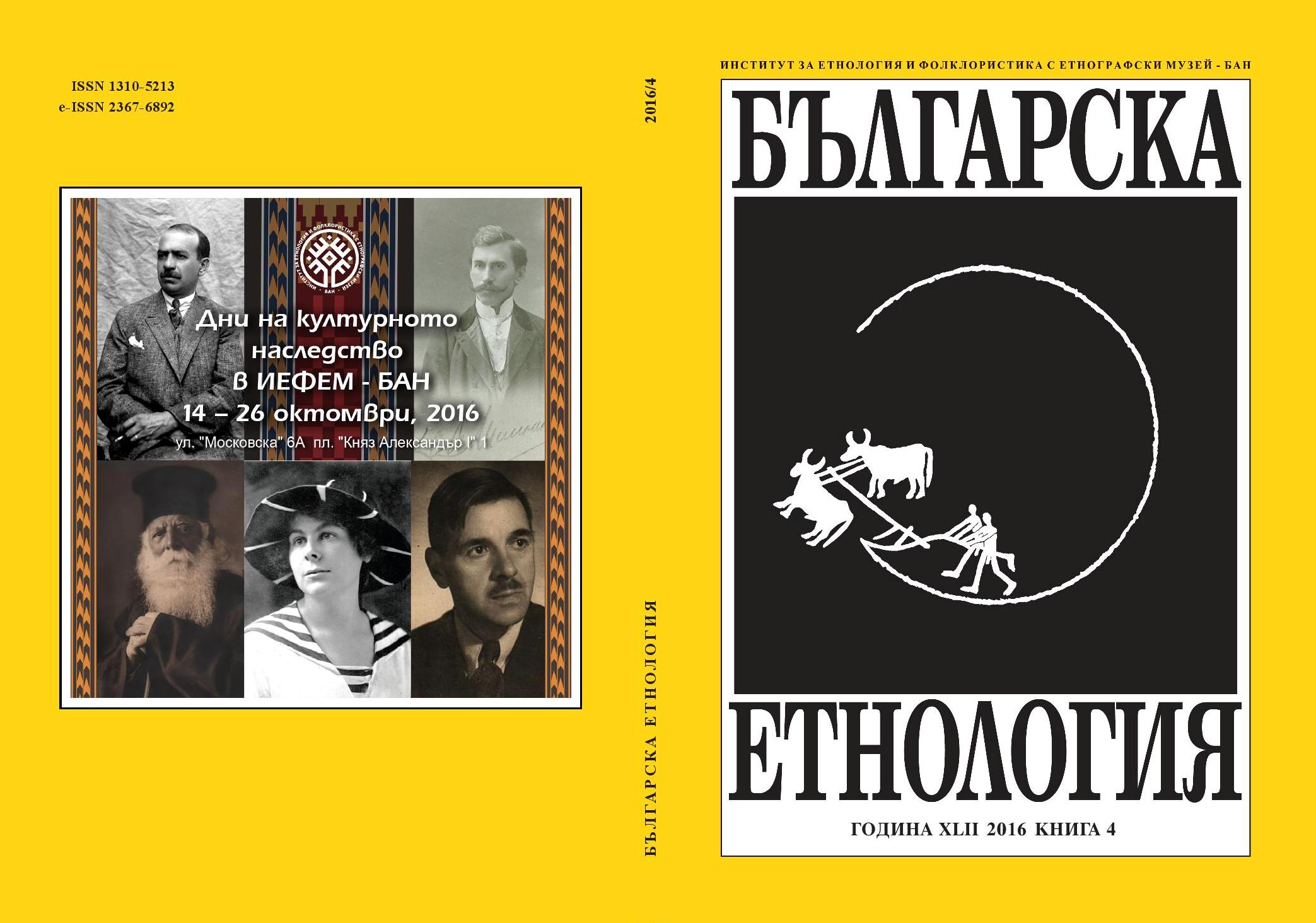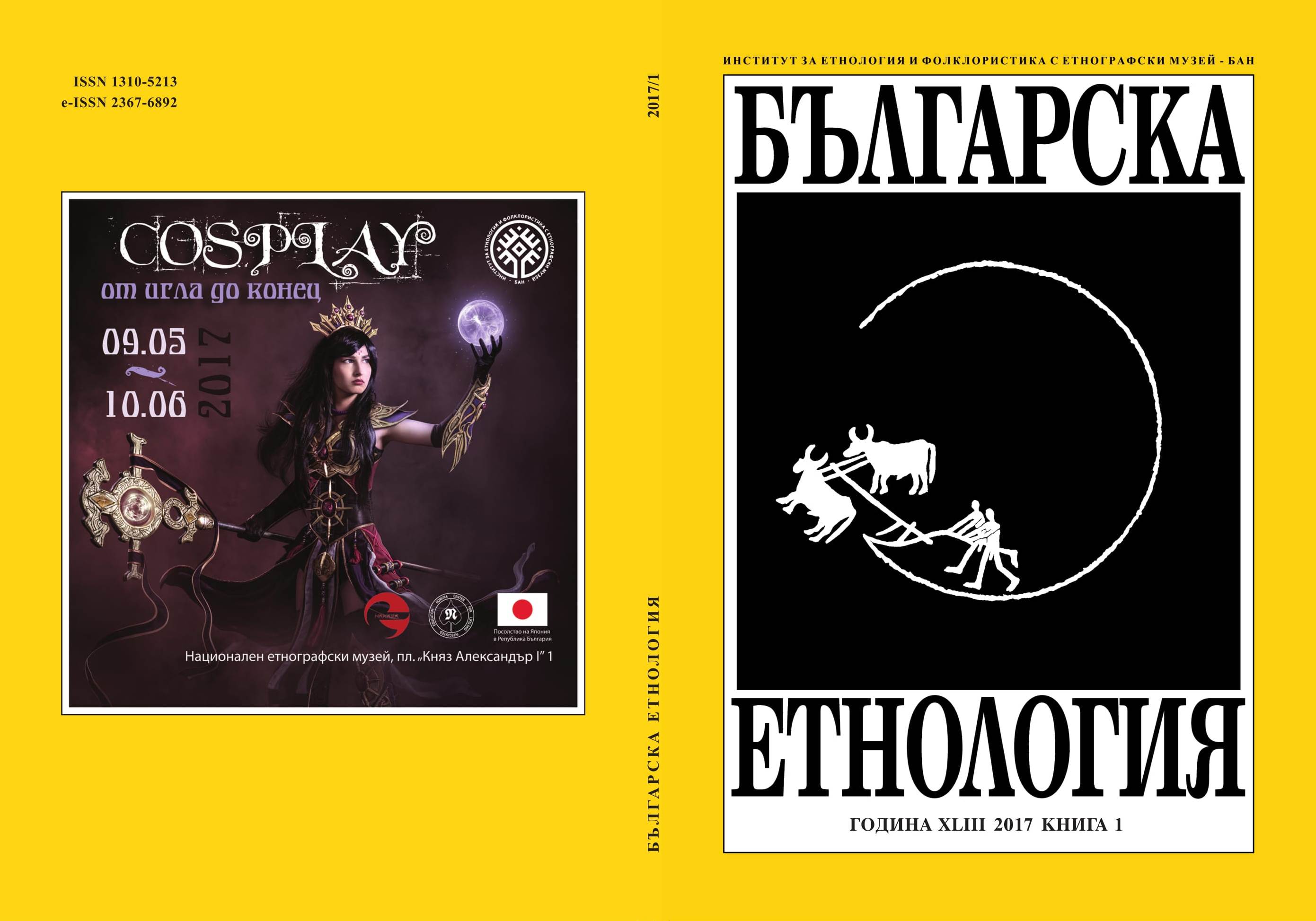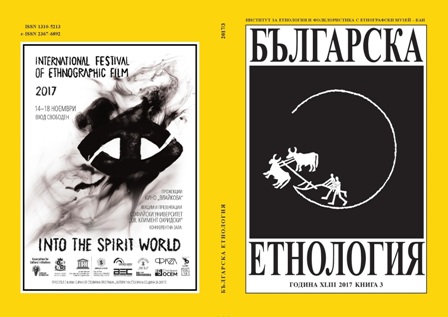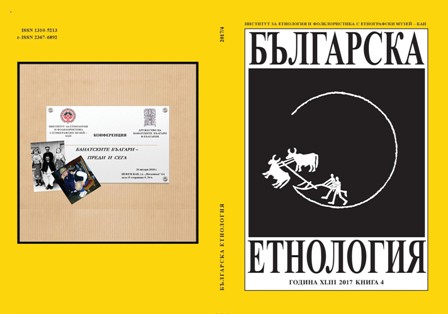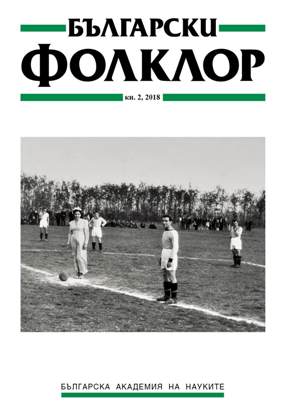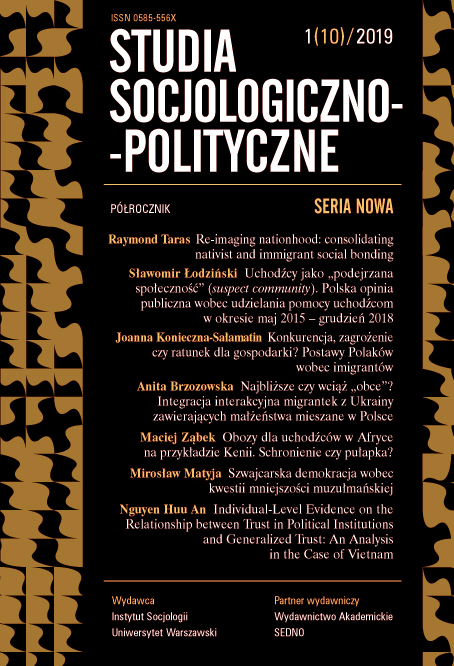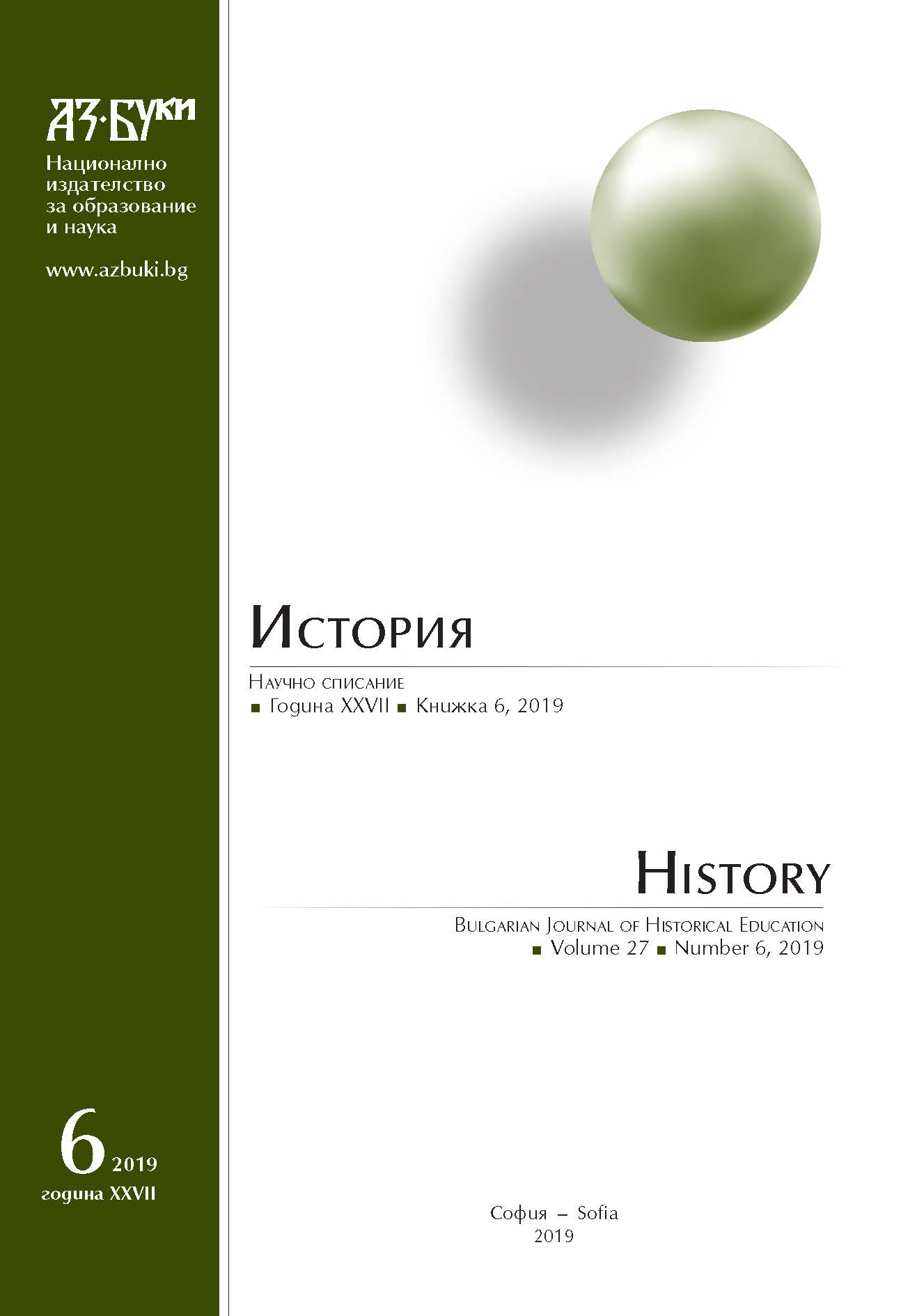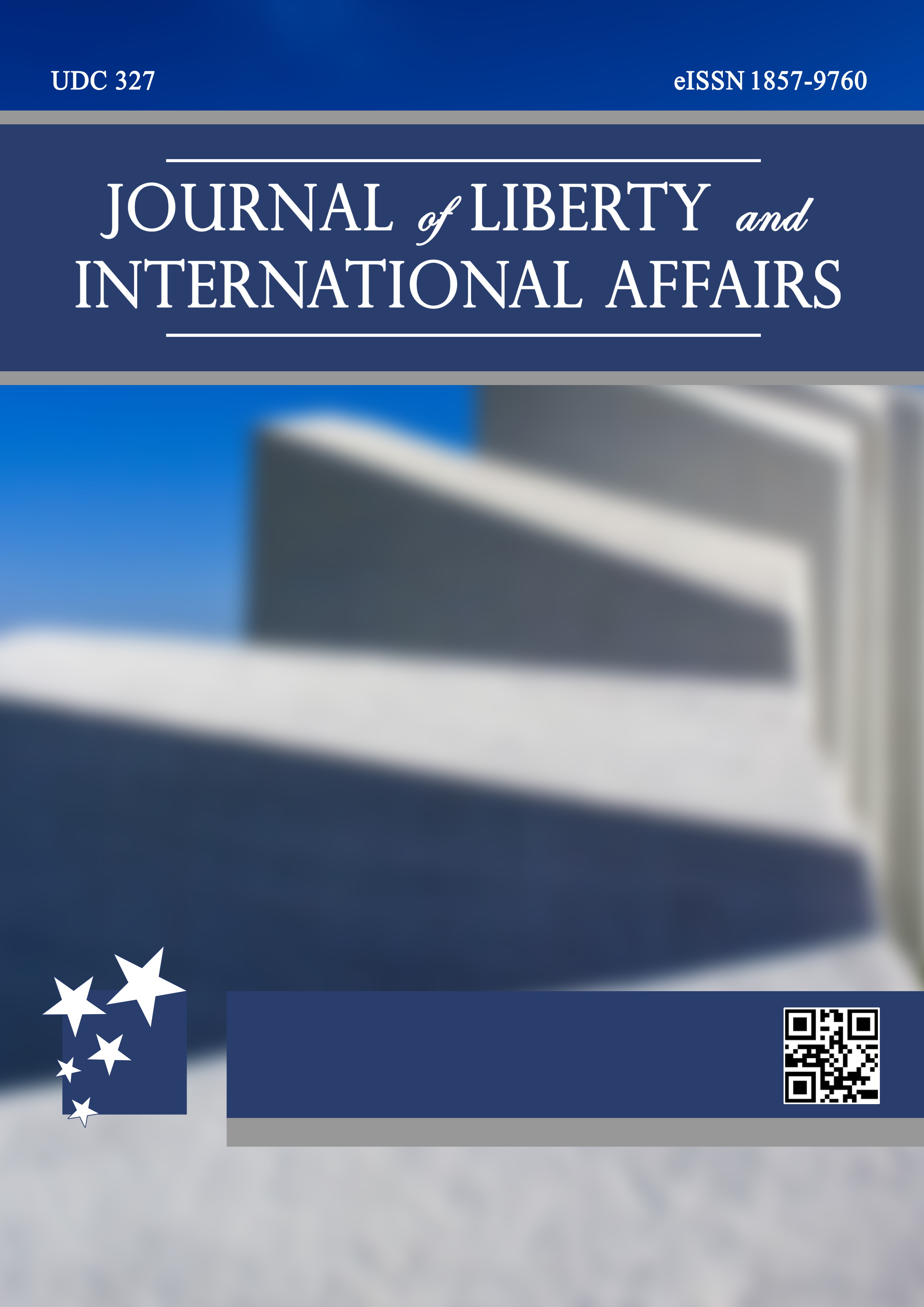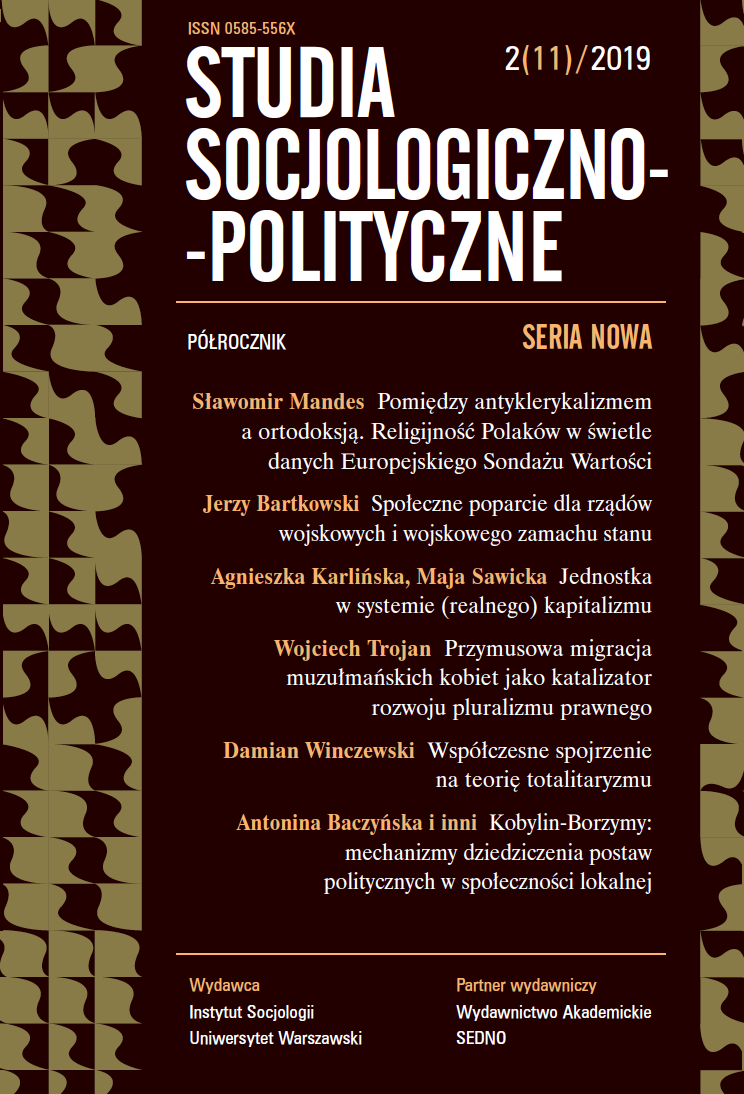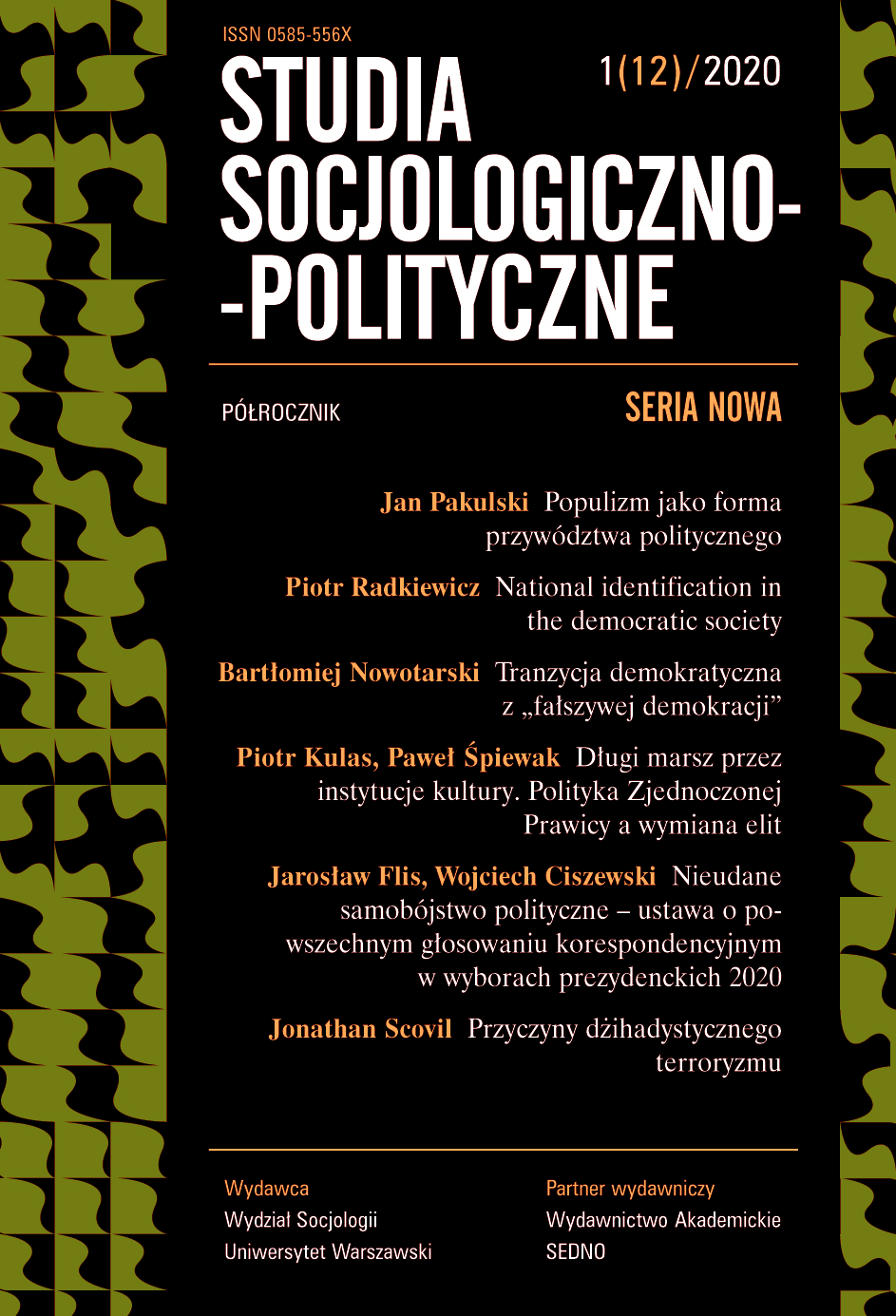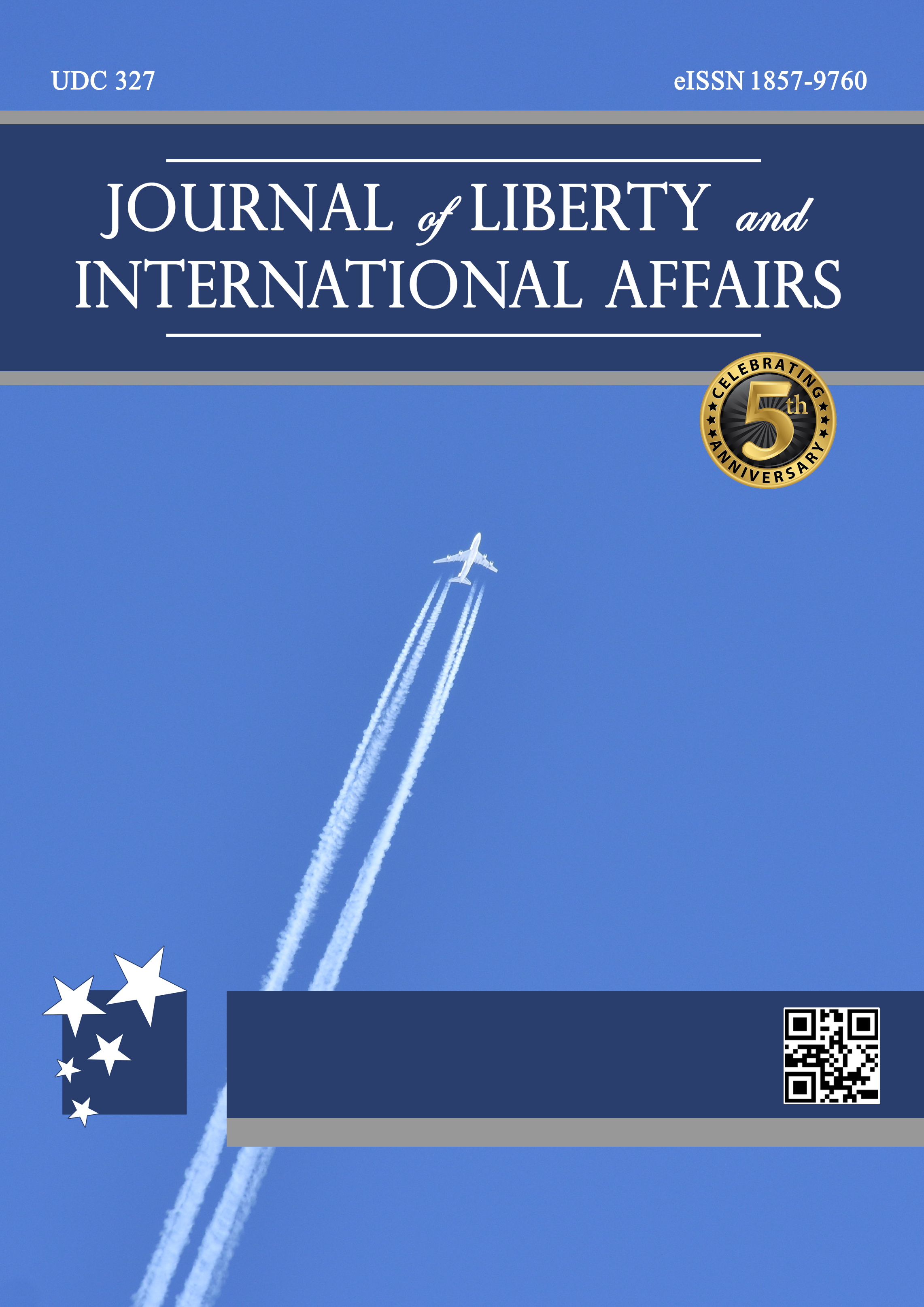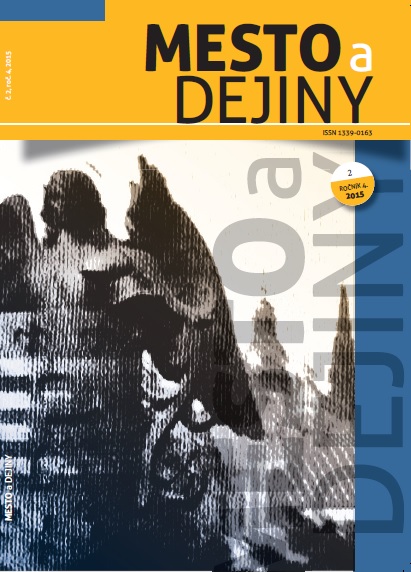
Vybraní trenčianski richtári zo 17. storočia vo svetle prozopografických výskumov
The urban elite that was unquestionably formed by the mayors and other leading representatives of the municipal administration and intellectuals, was a characteristic part of any modern free royal town in the Kingdom of Hungary. This distinctive elite community was based on their own laws. From the other parts of the population were different on the basis of assets, educational levels and a coherent and sophisticated wedding strategy particularly based on the affinity links. Purpose was to maintain the social status, influence and to keep urban authorities that managed the city. By analyzing of the background of five detailed profiles of Trenčín’s mayors in 17th century, their different origin, religion and external circumstances, brings new facts of life in cities and present less known aspects of our history.
More...
